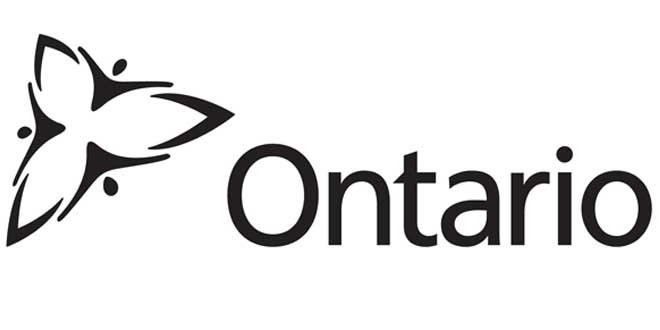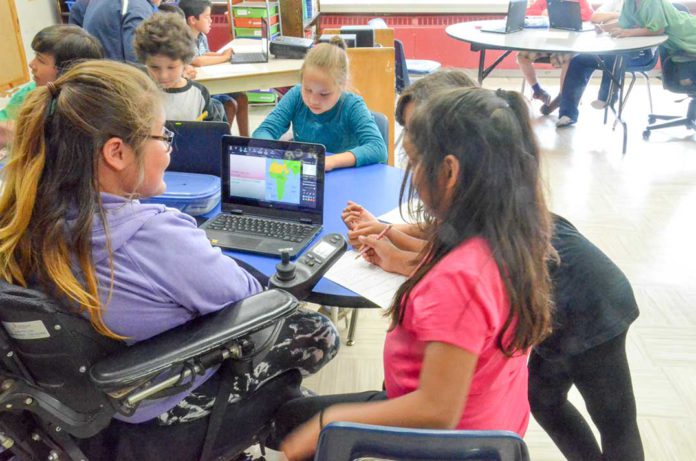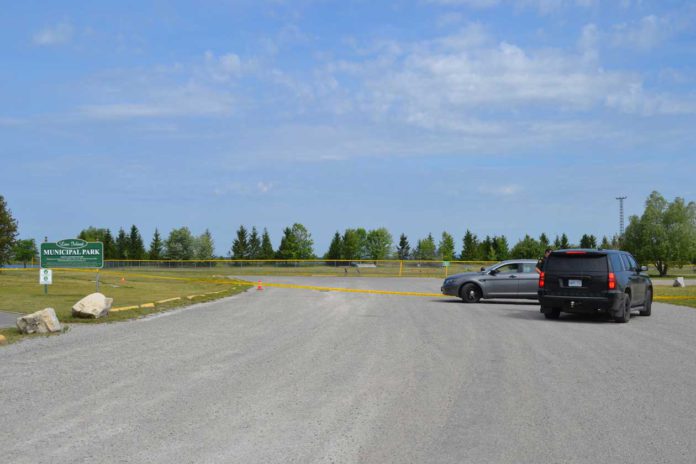MINDEMOYA—Manitoulin Family Resources (MFR) is receiving $52,000 over two years through the province’s $1 million Rural Realities Fund, which seeks to support violence against women agencies and shelters in rural, remote and Northern communities.
“We are very pleased to receive this funding,” said MFR Executive Director Marnie Hall-Brown. “We will be working with other community partners towards sustainability for this program.”
“These projects will help to ensure that women and their children experiencing violence in their homes in rural, remote and Northern communities have access to the help and support they need,” said Dr. Helena Jaczek, Minister of Community and Social Services. “I am confident that the projects we have selected will lead to innovative local solutions that address some of the unique challenges agencies face in serving women.”
There were 16 projects funded through the Rural Realities Fund.
“Every woman deserves to live free from the fear of violence in her home and community. Women in rural and isolated communities who have experienced violence will now have better access to the supports they need to help them live safely and rebuild their lives,” said Tracy MacCharles, minister responsible for Women’s Issues.
“The safety and wellbeing of women and children living in rural communities is important to this government,” said Jeff Leal, minister of Agriculture, Food and Rural Affairs. “Through initiatives like the Rural Realities Fund we are helping to ensure that victims of domestic violence have access to safe shelters and to the services they need regardless of where they live. We are listening and working together with rural residents to make rural Ontario a desirable place to live, work and raise a family.”
Although the funding will be in place for the next two years, the needs that are being met through MFR’s Community Connection project have been ongoing and are not likely to be solved any time soon.
MFR developed the Community Connection project after identifying that a significant barrier to women going to shelters is a lack of transportation on Manitoulin Island. “This is a barrier to women and their children maintaining relationships with their home communities, including healthcare providers or schools,” said Ms. Hall-Brown. “This project will connect social service and community agency partners and volunteers to help these families maintain access in their communities.”
Ms. Hall-Brown pointed out that when women and their children seek shelter, they are often uprooted from their community, with the loss of programs, including language and culture, often being the result. “We are trying to reduce the obstacles for women accessing shelter programs,” she said. “Women will often try to outwait that need so that their children do not lose services and programs.”
The impact can be serious, with high school students especially as they could lose their semester.
Through the Community Connection program transportation can be provided for a wide range of needs, including specialist appointments and other non-emergency necessities.
MFR is looking for more volunteer drivers to assist with the delivery of the program, noted Ms. Hall-Brown. Those interested in discovering more about the volunteer driver opportunities can contact MFR at (705) 377-5532.
Ontario funds more than 2,000 shelter beds for women who experience abuse and their children and approximately 10,390 women and 7,330 children were served at violence against women shelters in 2014-15.





